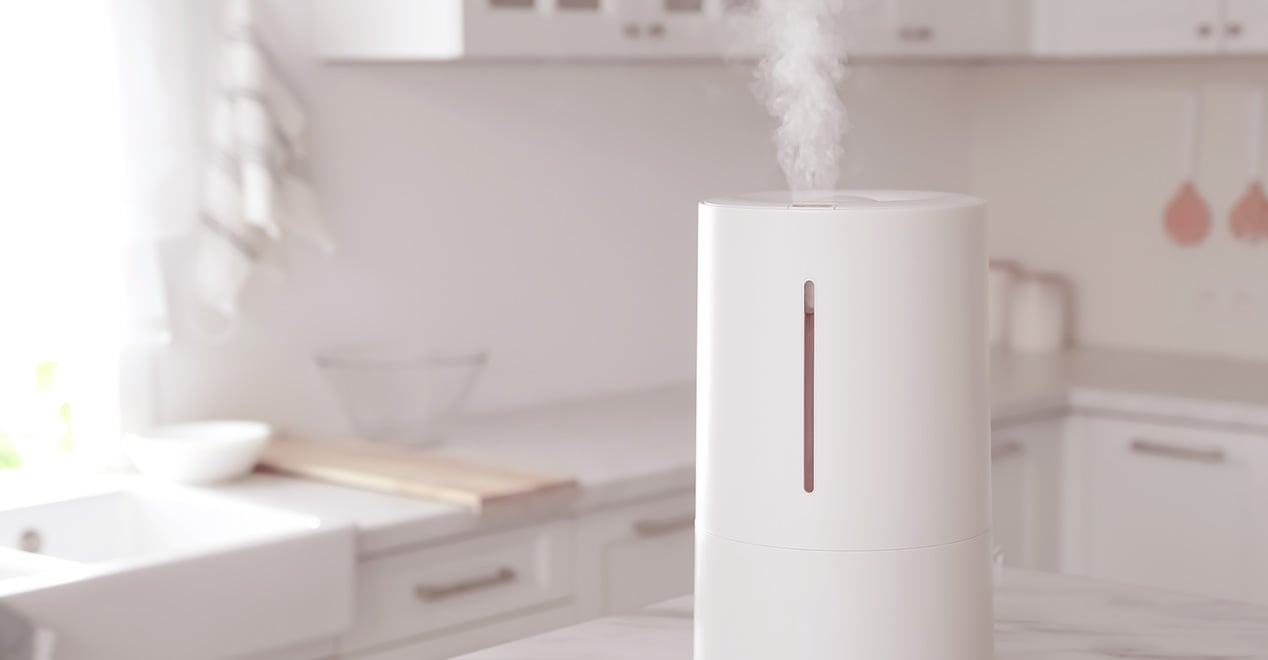When it comes to keeping our homes warm and cozy, most of us think about thermostats, insulation, or the type of heating system we use. However, there's a hidden player in the game of home heating that often gets overlooked: humidity.
Yes, the amount of moisture in the air plays a crucial role in how warm or cold we feel and, consequently, how efficiently we can heat our homes. In this article, we're diving deep into the often-underestimated world of humidity and its impact on home heating efficiency. Grab a cup of your favorite warm beverage, and let's unravel this steamy topic!
Understanding Humidity and Its Basics
First things first, let's talk about what humidity is. Simply put, humidity is the amount of water vapor present in the air. There are two types we'll focus on: absolute humidity and relative humidity. Absolute humidity is the actual amount of moisture in the air, while relative humidity is the percentage of moisture in the air relative to what it could hold at that temperature. Relative humidity is what most of us are familiar with, and it's crucial in understanding home heating.
Why Humidity Matters in Home Heating
You might wonder, "Why does humidity matter in heating my home?" Well, the level of humidity in your home can affect both the warmth and the energy efficiency of your heating system. Here's how:
-
Comfort Levels: When the air is too dry, which often happens in winter, it can make the air feel cooler than it actually is. That's because dry air leads to faster evaporation of moisture from your skin, making you feel colder. On the flip side, if your home is too humid, it can feel muggier and warmer than it really is.
-
Heating Efficiency: The right humidity level can actually make your home feel warmer at a lower thermostat setting. This means you can save on your heating bills without sacrificing comfort.
-
Health and Home: Proper humidity levels are not only about comfort and cost but also about health and the longevity of your home. Extremely dry air can cause respiratory problems and aggravate allergies, while too much moisture can lead to mold growth and damage to your home's structure.
How to Measure and Control Indoor Humidity
Now that we understand the importance of humidity in home heating, let's talk about how to measure and control it:
-
Measuring Humidity: An inexpensive hygrometer can measure the humidity level in your home. Aim for a relative humidity level between 30% and 50%.
-
Adding Humidity: If your home is too dry, consider using a humidifier. There are several types, from small units for a single room to whole-house systems that work with your existing heating system.
-
Reducing Humidity: In cases where your home is too humid, dehumidifiers can help. Again, there are options ranging from portable units to whole-house systems.
-
Natural Methods: Simple practices like airing out your home regularly, using exhaust fans in high-moisture areas like kitchens and bathrooms, and keeping houseplants can help maintain a balanced humidity level.
Seasonal Tips for Managing Home Humidity
As the seasons change, so do your humidity control needs. Here are some tips for each season:
-
Winter: Use a humidifier to add moisture to the dry winter air. This can make your home feel warmer and more comfortable.
-
Summer: Use dehumidifiers or air conditioners to remove excess moisture, which can make your home feel cooler and more comfortable.
-
Spring and Fall: These transitional seasons often require a balance. Monitor humidity levels and adjust your humidifiers or dehumidifiers as needed.
Advanced Tips for Maximizing Heating Efficiency
To really optimize your home's heating efficiency, consider these advanced tips:
-
Smart Thermostats: These can help maintain the ideal temperature and humidity levels automatically.
-
Regular HVAC Maintenance: Ensure your heating system is running efficiently by having it serviced regularly.
-
Home Insulation: Proper insulation can help maintain your desired temperature and humidity levels more effectively.
The role of humidity in home heating efficiency is a game-changer. By understanding and managing the humidity levels in your home, you can enhance comfort, save on heating costs, and create a healthier living environment. So, as you fine-tune your home heating strategy, remember to keep humidity within range.
